Professor Sir Mark Caulfield
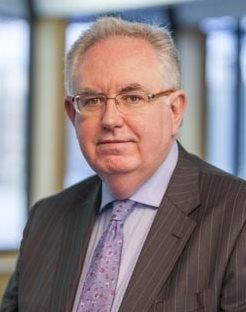
Professor of Clinical Pharmacology, Queen Mary University London
Session Chair
Talk Title: Introduction to the Sir David Jack PhD Scholarship Programme
Mark Caulfield graduated in Medicine in 1984 from the London Hospital Medical College and trained in Clinical Pharmacology at St Bartholomew’s Hospital where he developed a research programme in molecular genetics of hypertension which has discovered over 1000 gene loci for blood pressure.He was appointed Director of the William Harvey Research Institute in 2002 and was elected a Fellow of the Academy of Medical Sciences in 2008. Between 2010 and 2015 he co-led the merger of three hospitals in North London to create the new £400 million Barts Heart Centre which provides 80,000 cardiovascular patient episodes.He has won the Lily Prize of the British Pharmacology Society, the Bjorn Folkow Award of the European Society of Hypertension 2016 and the Franz Volhard Award of the International Society of Hypertension in 2018. In 2013 he became an NIHR Senior Investigator and was appointed as the Chief Scientist for Genomics England (100,000 Genomes Project). He was appointed Interim Chief Executive Officer for Genomics England from January to September 2019. Sir Mark was awarded a Knighthood in the June 2019 Queen’s Birthday Honours List for services to the 100,000 Genomes Project.
Professor Clive Page
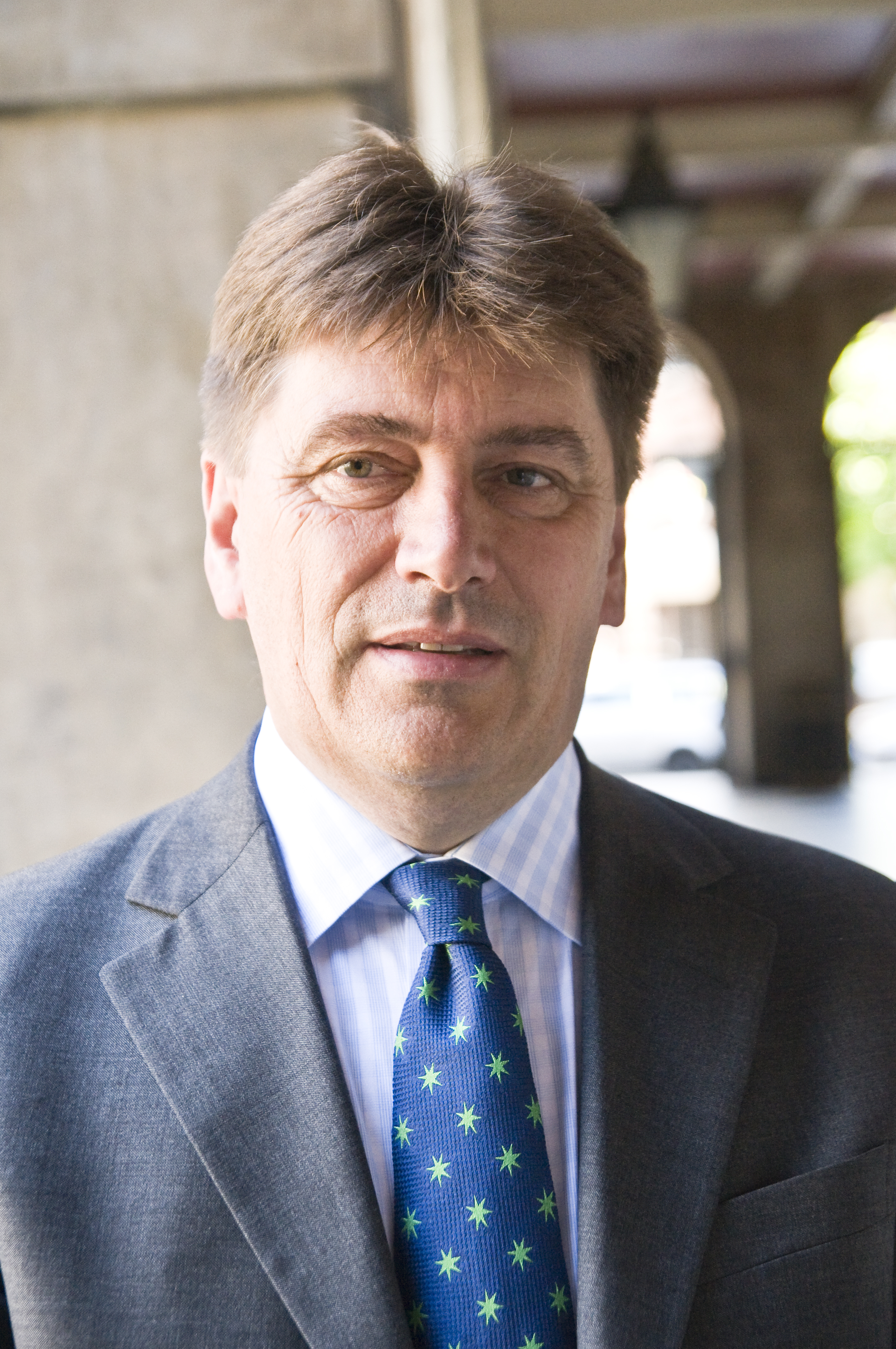
Professor of Pharmacology, King's College London
Session Chair
Talk Title: Sir David Jack and his contributions to respiratory pharmacology – from salbutamol to ensifentrine
Introduction to the Sir David Jack PhD Scholarship Programme
Clive Page is a Professor of Pharmacology, King’s College London and Director of The Pulmonary Pharmacology Unit, King’s College London. Clive’s main research interests are in the pharmacology of inflammation and respiratory disease and he has published over 250 scientific papers. Clive was the co-founder and previous Chairman of the Board of Verona Pharma plc, an AIM listed Company developing new drugs for the treatment of Respiratory Diseases. He is a Non Executive Director of Babraham Biotechnology Ltd, as well as being a Trustee of the Babraham Institute in Cambridge and a Non Executive Director of the Board of ImmunoRegulation Ltd, PreP Biopharma and EpiEndo.
Clive started his early career in the Pharmaceutical Industry at Sandoz Ltd, Basel, Switzerland and regularly consults to both the Pharmaceutical and Biotech Industry. Clive has previously held Non Executive Board positions at Cardiome in Canada and Stirling Products Ltd in Perth, Australia. Clive is a recent former Chairman of the Animal Science Group of the Society of Biology and has contributed widely to the public debate about the use of animals in Research. He was awarded the Society of Biology President’s Medal in 2012 for an outstanding contribution to the life sciences over the previous year. He is a Fellow of the Royal Society of Biology and an Honorary Fellow and President Elect of the British Pharmacological Society. In 2017, Clive was awarded an OBE for Services to Pharmacology
Professor Mona Bafadehl
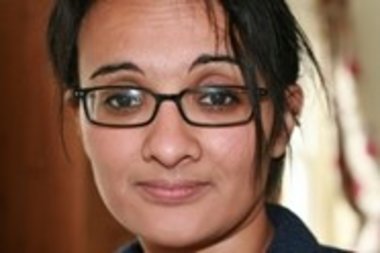
Chair of Respiratory Medicine, Director of King's Centre for Lung Health
Talk Title: The Unmet needs in respiratory medicine
Mona Bafadhel is the Director of the new King’s Centre for Lung Health, and the Chair of Respiratory Medicine at King’s College London. She is also a consultant respiratory physician with a clinical and research interest in chronic obstructive lung disease (COPD) and asthma. Mona is an international academic leader in respiratory medicine, with a passion for translating science to clinical practice to improve outcomes for patients. Her work in COPD and COVID-19 has translated to changing clinical practice affecting millions across the world. In 2018, Mona was awarded the Goulstonian Lectureship from the Royal College of Physicians for excellence in the Clinical Sciences. She is only the 4th woman and the 1st from an ethnic minority in the Royal College of Physician near 400 year history to have achieved this accolade. Mona was appointed as co-lead of the King’s Health Partners Respiratory & Allergy Clinical Academic Group in March 2022.
Professor Ian Adcock
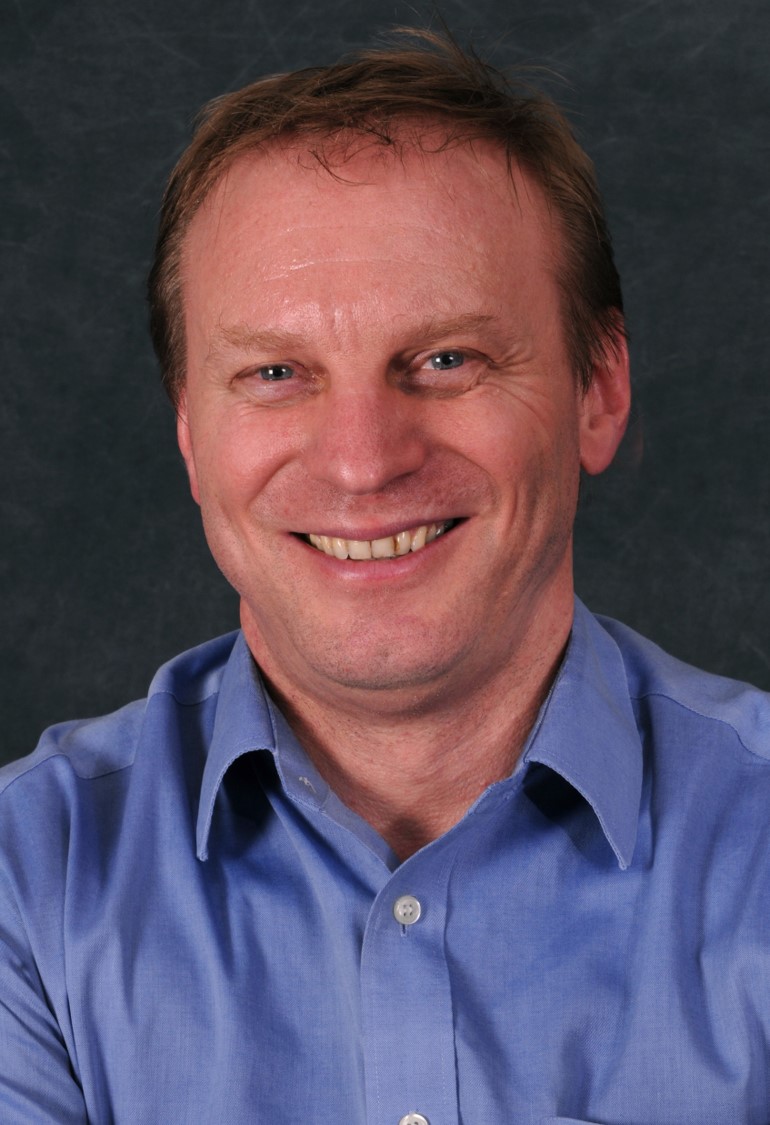
Professor of Respiratory Cell & Molecular Biology, Imperial College London
Talk Title: New Drugs on the Horizon for treating Respiratory Diseases
Dr Adcock graduated in 1987 from the University of London with a PhD in Molecular Pharmacology investigating the role of steroid hormones on brain sexual dimorphism. After spells in Edinburgh and at St Georges’ Hospital in London he moved in 1990 to the National Heart and Lung Institute to work with Peter Barnes on the molecular mechanisms of glucocorticoid action. He was promoted to Professor at Imperial College London in 2004. Dr Adcock is currently Head of the EU/EFPIA IMI UBIOPRED initiative in systems medicine of severe asthma. Dr Adcock’s main research focus is on the regulation of the heightened inflammatory mechanisms underlying severe asthma and COPD and the pharmacology of glucocorticoids and 2-agonists in regulating this inflammation. Recent work has examined how epigenetic processes can modify inflammatory gene expression and glucocorticoid function in response to oxidative stress. Dr Adcock has published >450 papers (Google H-index = 113).
Dr Simon Pitchford
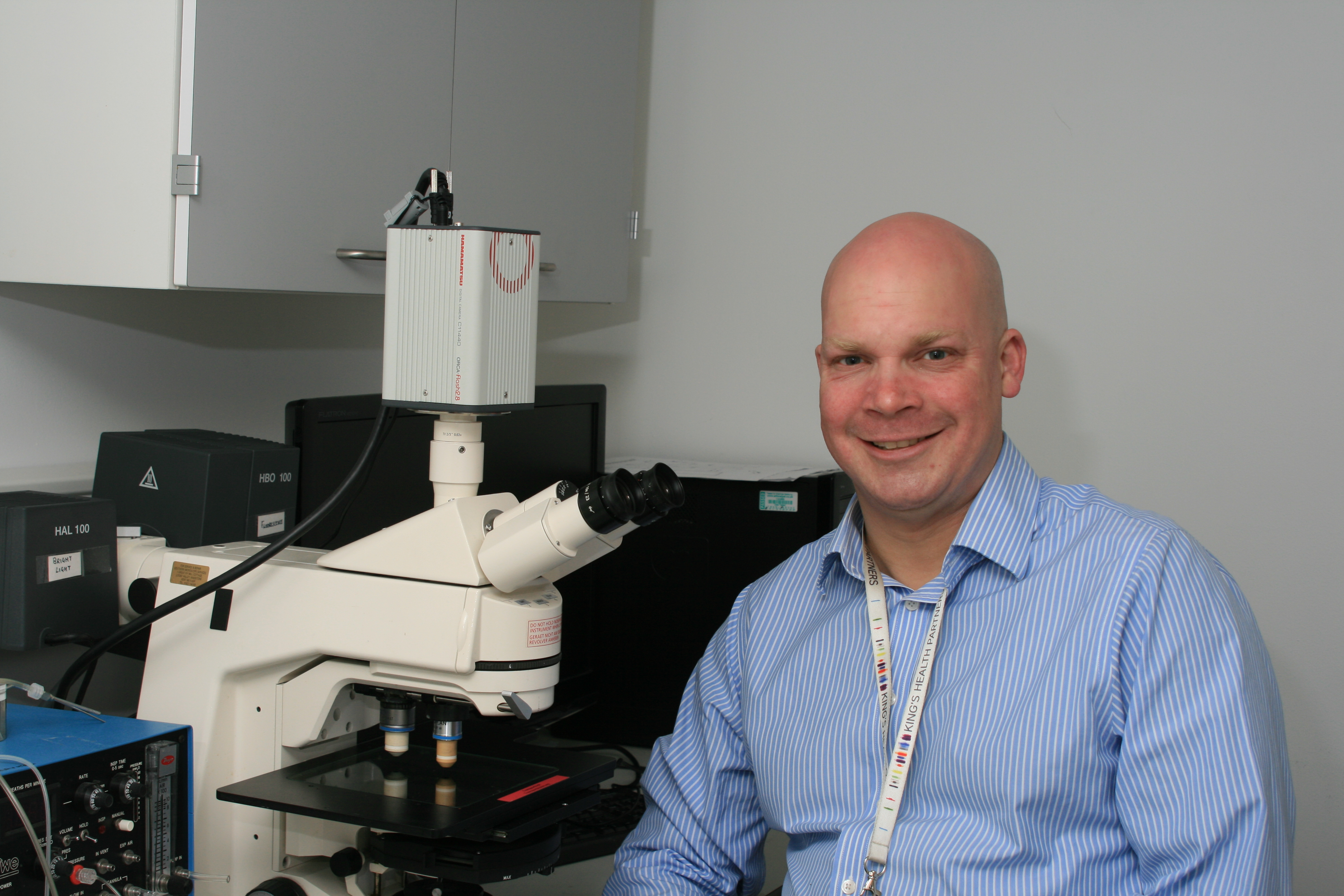
Reader in Immunopharmacology, King's College London
Talk Title: The lung is more than an organ of gas exchange
Dr Simon Pitchford is a Reader in Immunopharmacology within the Institute of Pharmaceutical Science and is a member of The Pulmonary Pharmacology Unit. Simon obtained his PhD at KCL back in 2003 and was then awarded a European Respiratory Society Research Fellowship to undertake post-doctoral studies at the University of Perugia, Italy. Simon then extended his post-doctoral studies at Imperial College London in 2005 before returning to KCL in 2010. Simon is interested in understanding the character and functions of platelets during host defence and inflammatory diseases. These actions of platelets are dissociated from their well-characterized involvement in haemostasis and thrombosis, and suggest a dichotomy in platelet activation and function exists that is dependent on the nature of the insult to the body. Simon’s research contributions have revealed that platelet activation is often critical for inflammation to progress. Simon is currently exploiting knowledge of these platelet activation pathways to assess how these might lead to the development of new therapies either to ‘boost’ host defence to combat infection, or conversely to ‘dampen’ inflammation in the case of inflammatory disorders such as asthma, COPD, and rheumatoid arthritis. This might offer numerous opportunities for future drug intervention that are currently lacking with established anti-platelet drugs that have been developed for inhibiting platelet aggregation. Simon collaborates with groups from Imperial College London, The Babraham Institute Cambridge, The Defence Science and Technology laboratory (DSTL), University of Perugia (Italy) and University of Freiburg (Germany). Simon develops both integrated (in vivo) and novel in vitro techniques to study platelet function in the following areas: -The dichotomy of platelet activation, comparing activation during inflammatory responses applicable to host defence, to haemostasis and thrombosis. -Novel pharmacological opportunities for platelet modulation with respect to inflammation and host defence. -Mechanisms by which platelets affect inflammatory cell trafficking, tissue damage, and tissue regeneration. -The involvement of platelets in trained immunity to develop immune memory. -Characterizing platelet motility and migratory capacities in response to inflammatory stimuli. -Mechanisms of platelet production during inflammation.




